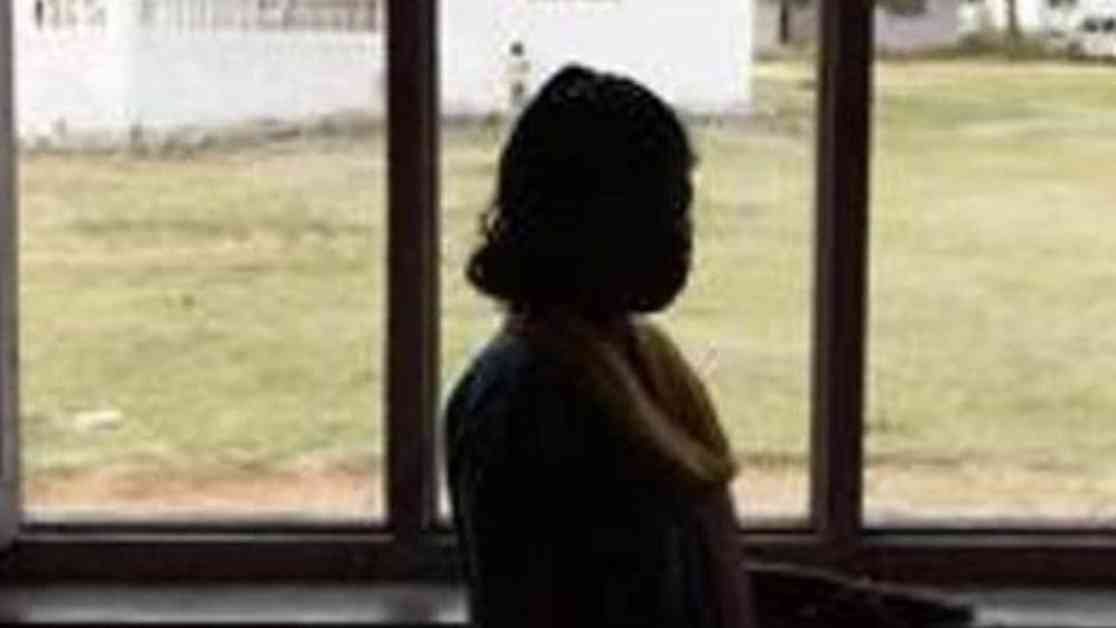Man cleared of minor smuggling, but faces visa fraud allegations
In a recent legal development, a man accused of involvement in a complex visa fraud case has been cleared of charges related to the smuggling of minor children. However, he still faces allegations of visa fraud and other serious offenses. The case, which dates back to 2013, revolves around the alleged transportation of individuals, including children and women, to the United States through falsified visa applications and forged passports.
Aslam Rafiq Panchal, the primary defendant in the case, had sought discharge from all charges under Section 227 of the Code of Criminal Procedure. The prosecution alleged that Panchal orchestrated a criminal conspiracy involving the transportation of 23 individuals, including 14 children, to the United States. However, the defense argued that there was a lack of evidence to prove intent or knowledge that the minors would be subjected to illicit activities, a crucial element for charges under Section 366A of the Indian Penal Code (IPC).
Legal Proceedings and Ruling
The case came before Additional Sessions Judge SB Pawar, who partially granted the discharge application, rejecting charges under Section 366A of the IPC. Judge Pawar noted that there was insufficient evidence to substantiate offenses against the minors and agreed that Section 366A was not applicable in this instance. However, he found prima facie evidence to proceed with charges related to forgery, cheating, and violations of the Indian Passports Act.
The prosecution had contended that Panchal and his associates had submitted fraudulent information and documents to facilitate illegal entry into the United States. The case began following a complaint by Ethan Mark Stone, an officer at the US Consulate General in Mumbai. Stone alleged that Panchal and others were involved in a scheme to smuggle individuals into the United States through deceptive means.
Defense Arguments and Court Decision
Panchal’s defense advocates, HR Patel and Indira Panchal, presented witness testimony indicating that minors had traveled with parental consent for educational purposes or family reunification. They argued that there was no evidence to suggest that Panchal had knowledge of or intended for the minors to be involved in illicit activities. The defense emphasized that the charge-sheet lacked crucial elements to support charges under Section 366A of the IPC.
In his ruling, Judge Pawar acknowledged the lack of evidence against Panchal regarding offenses against the minors. While clearing him of charges under Section 366A, the judge determined that there were sufficient grounds to proceed with charges related to forgery, cheating, and violations of the Indian Passports Act. The case has now been transferred to the Magistrate’s Court for further proceedings on the remaining charges.
Implications and Next Steps
The legal proceedings in this case highlight the complexities and challenges associated with cases involving visa fraud and human trafficking. While Panchal has been cleared of charges related to the smuggling of minors, he still faces serious allegations that could have significant legal repercussions. The case serves as a reminder of the importance of maintaining the integrity of visa processes and preventing the exploitation of vulnerable individuals for criminal purposes.
Moving forward, the Magistrate’s Court will continue to assess the evidence and hear arguments from both the prosecution and defense regarding the remaining charges against Panchal. The outcome of this case could have broader implications for efforts to combat visa fraud and human trafficking, both in India and internationally. It underscores the need for thorough investigations and legal proceedings to hold accountable those involved in facilitating illegal activities through deceptive means.
In conclusion, while Panchal has been cleared of certain charges, the legal battle is far from over. The case will continue to unfold in the coming months as the court examines the remaining allegations against him. This case serves as a cautionary tale about the consequences of engaging in fraudulent activities related to visa applications and underscores the importance of upholding the law to protect vulnerable individuals from exploitation.




















